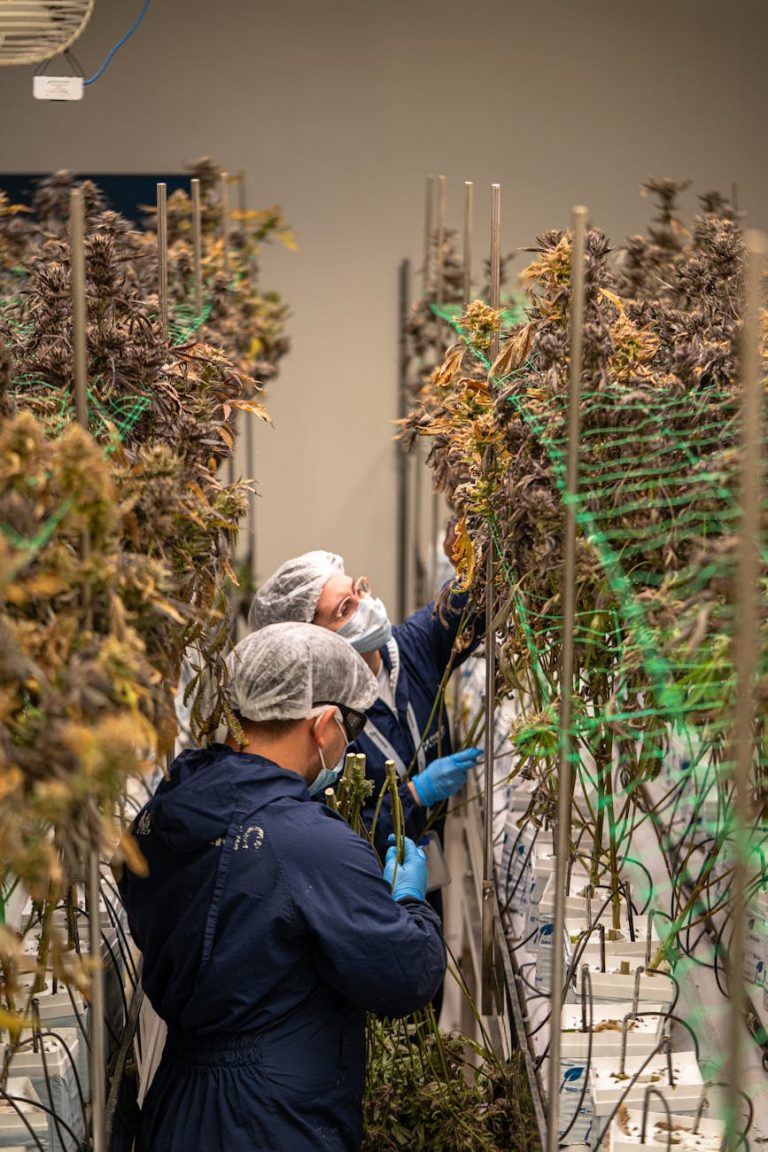Eco-Friendly Weed Management: Effortless & Sustainable Solutions
Are stubborn weeds taking over your garden? Discover the effortless and sustainable world of eco-friendly weed management to keep your outdoor spaces healthy and vibrant. Say goodbye to harmful chemicals and embrace natural solutions for a greener, more sustainable approach to weed control. Lets dive into the realm of eco-friendly weed management together and cultivate a flourishing ecosystem! 🌿 #eco-friendly weed management
In today’s world, as environmental concerns become increasingly important, the need for sustainable practices in every aspect of our lives has never been more crucial. When it comes to managing weeds, opting for eco-friendly solutions not only benefits the environment but also contributes to long-term sustainability. This article will delve into the realm of eco-friendly weed management, exploring effortless and sustainable solutions that can help maintain a healthy balance in our ecosystem.
Understanding the Impact of Conventional Weed Management
Conventional weed management practices often involve the use of chemical herbicides that can have detrimental effects on the environment. These chemicals can contaminate water sources, harm beneficial insects and wildlife, and pose health risks to humans. Moreover, overreliance on herbicides can lead to the development of herbicide-resistant weeds, creating a cycle of escalating chemical use.
Embracing Natural Weed Control Methods
To combat weeds in an eco-friendly manner, it is essential to embrace natural weed control methods that are safe for the environment and human health. One effective method is mulching, which involves covering the soil with organic materials like wood chips, straw, or leaves. Mulch suppresses weed growth by blocking sunlight and preventing weed seeds from germinating.
Companion Planting: A Sustainable Solution
Companion planting is another sustainable solution for weed management. By strategically planting certain species together, you can help deter weeds and create a more balanced ecosystem. For example, planting herbs like mint and basil alongside vegetables can help repel pests and suppress weed growth naturally.
Harnessing the Power of Weed-Suppressing Plants
Certain plants have natural weed-suppressing properties that can be harnessed to control weed growth in an eco-friendly way. Cover crops like clover and buckwheat help smother weeds and improve soil health by adding organic matter. Additionally, planting dense ground covers like creeping thyme or phlox can prevent weed seeds from germinating by creating a barrier.
Utilizing Organic Herbicides
For targeted weed control, organic herbicides can be a viable option. These herbicides are derived from natural sources like vinegar, citrus oil, or clove oil and can effectively control weeds without harming the environment. While organic herbicides may require more frequent applications compared to synthetic chemicals, they offer a safer alternative for managing weeds in a sustainable manner.
Implementing Integrated Weed Management Strategies
To achieve long-term success in eco-friendly weed management, it is essential to adopt an integrated approach that combines multiple strategies. Integrated weed management involves using a combination of cultural practices, mechanical methods, and biological controls to minimize weed pressure while promoting a healthy ecosystem. By implementing a holistic approach to weed management, you can reduce reliance on chemical inputs and create a more sustainable landscape.
In conclusion, eco-friendly weed management is not only beneficial for the environment but also crucial for ensuring long-term sustainability. By utilizing natural weed control methods, embracing companion planting, harnessing the power of weed-suppressing plants, and incorporating organic herbicides, you can effectively manage weeds while promoting a healthy ecosystem. Implementing integrated weed management strategies will not only reduce the environmental impact of weed control but also contribute to a greener and more sustainable future.






